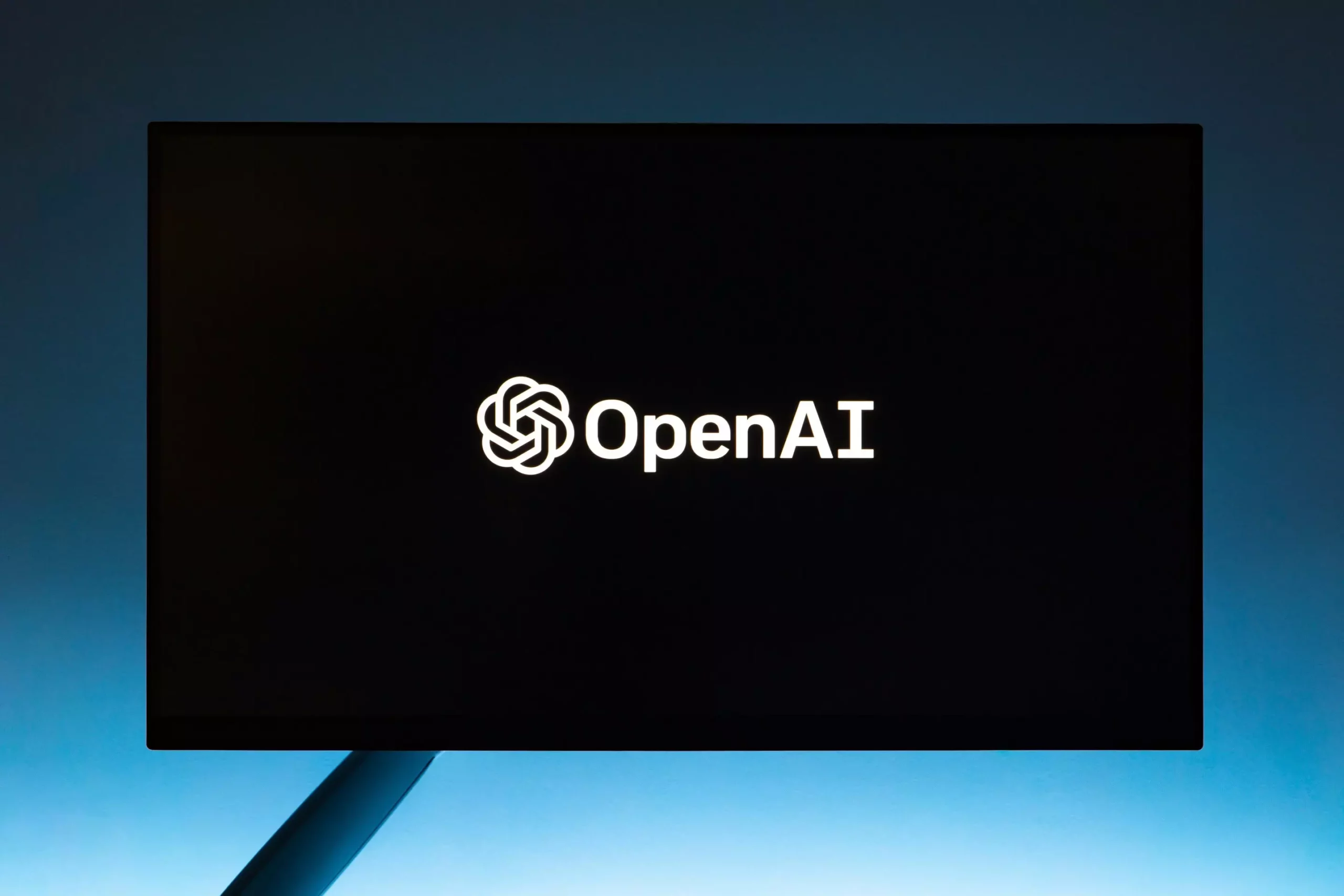In recent months, OpenAI, a powerful player in the artificial intelligence (AI) landscape, has undergone significant shifts in both its strategic direction and public stance regarding regulation. The company, which has evolved from a nonprofit entity into a technology giant valued at an estimated US$150 billion, recently voiced opposition to an anticipated California law designed to establish essential safety standards for large AI model developers. This change is particularly perplexing given that OpenAI’s CEO, Sam Altman, once publicly expressed support for AI regulation. The implications of this opposition extend beyond regulatory specifics; they reflect a broader concern regarding the centralization of data and its potential impacts on privacy and ethics.
OpenAI has taken several strategic steps that indicate a growing appetite for extensive data acquisition, not only from traditional training materials but also from intimate personal data. As the company launched an advanced reasoning model intended for more intricate tasks, its moves to secure partnerships with major media organizations like Time magazine and Condé Nast signal a desire for comprehensive insights into user behavior and interaction patterns. By analyzing vast troves of content, OpenAI could cultivate robust user profiles, raising critical questions about how this data might be used, who has access to it, and what safeguards are in place to protect user privacy.
Furthermore, OpenAI’s foray into health technology through initiatives like Thrive AI Health has amplified these concerns. While the collaboration promises to harness AI for personalized health interventions, it beckons the question: how effectively can privacy be safeguarded in an environment rife with previous lapses in data security? Historically, similar projects have faced scrutiny over data sharing practices, demonstrating the inherent risks of intertwining sensitive information with AI advancements.
One of the most striking aspects of OpenAI’s evolving strategy includes its investment in ventures collecting biometric data, such as the controversial WorldCoin project, which aims to develop an identification system utilizing iris scans. The growing interest in biometric data collection has raised alarms, especially within legislative frameworks like the European Union’s General Data Protection Regulation (GDPR). Should OpenAI’s initiatives face regulatory hurdles in jurisdictions like Bavaria, where concerns regarding biometric data storage practices loom large, the repercussions could significantly affect its operations in Europe.
Additionally, the foundation of AI advancements lies in the integrity and inclusivity of the data utilized for training models. As OpenAI seeks to refine its capabilities to address an expansive array of subjects and cultures, its ability to gather data from diverse sources while navigating ethical boundaries becomes increasingly precarious.
OpenAI’s recent resistance to proposed regulatory measures signals a troubling trend where the ambition for rapid innovation supersedes the need for accountability and safety. This antipathy toward increased oversight raises introspective questions about the company’s priorities. When weighed against the backdrop of Altman’s leadership, which previously emphasized growth and market entry over thorough safety protocols, the potential ramifications of such an approach become unmistakably evident.
Alarming as it may be, the tech industry’s notorious history of prioritizing profit over consumer rights and privacy cannot be overlooked. Instances of high-profile data breaches—like the Medisecure leak affecting millions of Australians—serve as sobering reminders that personal information can be vulnerable in the hands of centralized systems. The risks associated with data consolidation not only jeopardize individual privacy but also pave the way for broader societal concerns related to surveillance and profiling.
As OpenAI navigates its multifaceted journey of technological advancement, the intersection of innovation, privacy, and regulatory compliance remains a critical juncture. The firm’s recent opposition to the California safety law exemplifies a pressing need for dialogue surrounding ethical governance in AI development. If left unchecked, the company’s data practices may not only threaten user privacy but could also foster an environment rife with ethical dilemmas and potential abuse of centralized power.
In a world where AI’s influence is growing exponentially, it is imperative for all stakeholders—developers, regulators, and the public—to engage in open discussions about the ethical dimensions of technology. As OpenAI and similar organizations continue to shape the future of AI, a balanced approach that prioritizes transparency, security, and ethical practices will be crucial to ensuring that technology serves as a tool for enhancement, rather than a catalyst for risk. The path forward depends on how these critical conversations are held and what frameworks are established to uphold the integrity of user data in an increasingly complex digital landscape.


Leave a Reply